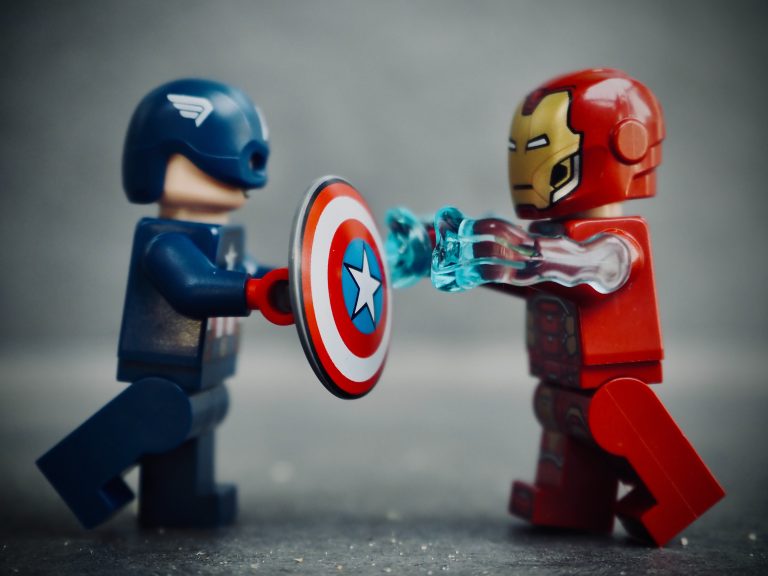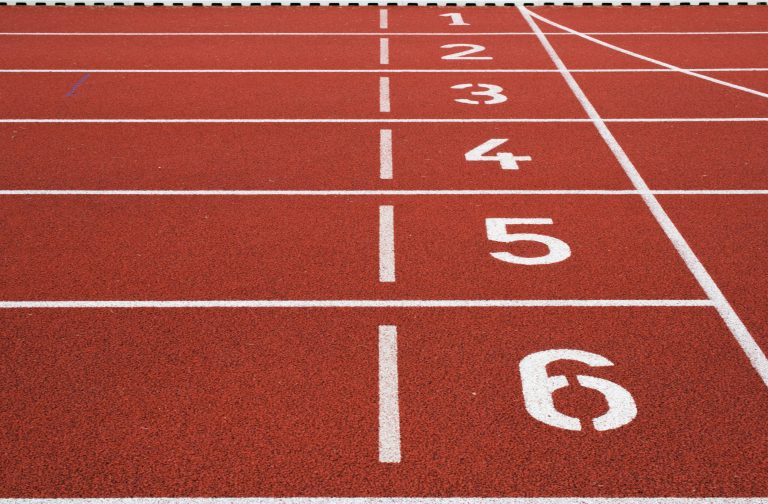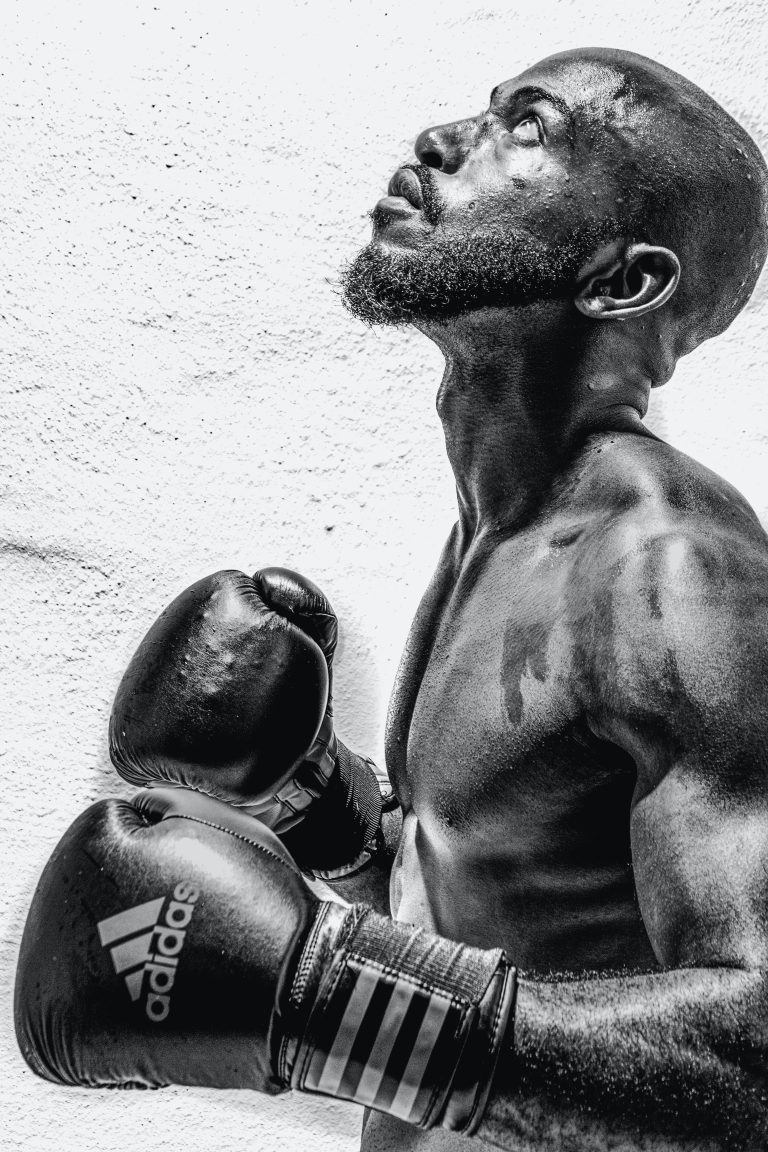Why Karate is Important to Japan?
Japan is known to be a country steeped in tradition, and their martial art known as Karate is one of the most iconic exports of the nation. Karate has a long and fascinating history that can be traced back to it’s roots in Okinawa, Japan. The practice has changed over time, influenced by various factors such as the military presence in Japan, and the values integral to Japanese culture. In this blog post, we’ll explore the reasons why karate is important to Japan and how it has shaped the nation’s identity over time.
What is Karate?
Before we dive deep into understanding the importance of Karate in Japanese culture, let’s first define what exactly is Karate. Karate is a martial art that originated in Okinawa, a small island that is now part of Japan. It is a striking-based system that is predominantly characterized by punching, kicking, and striking with open hands. It is believed that Karate was developed in Okinawa as a means to resist the Japanese subjugation of their culture.
Over time, Karate has undergone various modifications, and its practice has grown in popularity not just in Japan but all over the world. Karate, as a martial art, has various schools called dojos, which are meant for training Karate students.
The Role of Karate in Japanese History
Japan has a rich martial arts history, and Karate has played a crucial role in shaping that history. Karate’s martial art was initially linked to Okinawan peasants who used it to protect themselves against bandits and other invading forces. It evolved over time, with different forms of Karate emerging, each with its unique characteristics.
During the Edo Period in Japan (1603-1868), there was a ban on carrying weapons, and as a result, the popularity of martial arts like Karate increased. Karate practitioners in this period were divided into two main groups, the samurai class, and the common people. This helped to propagate different unique forms of Karate that focused either on strength or speed.
During the 20th century, Japan’s military government acknowledged Karate’s importance as a form of martial arts and began promoting it in schools and universities. Karate eventually became part of the Japanese education system, encouraging students to participate in competitions and play a more active role in promoting Japanese culture and identity.
Karate’s Role in Shaping the Nation’s Identity
Karate has much more to offer in terms of shaping Japan’s identity beyond martial arts. It fosters certain values and beliefs about the nature of discipline, respect, perseverance, and hard work. These values are integral to Japanese culture and basic tenets of Karate. Karate is a training for the body and mind, enriching the student on many levels.
Karate is also an effective way to promote understanding and tolerance between different cultures. Students of Karate are taught to respect their opponents and work hard to resolve conflicts peacefully. This helps to enhance the social skills and promote strong ethical values that are important for personal and communal well-being.
The Evolution of Karate outside of Japan
With the growth of international transport and communication, Karate is now one of the most practiced martial arts worldwide. It has reached new cultures and territories, and as a result, there is a growing interest in its significance and history.
In conclusion, the importance of Karate in Japan lies not just in its historical significance as a martial art but also its ability to instill important characteristics like self-discipline, respect, humility, and tenacity that are integral to Japanese culture. Karate has gone beyond being just a martial art and has evolved into a tool for promoting understanding and tolerance between cultures. It has been an integral part of Japan’s identity and interest in this sport will only continue to grow.
Why is Karate Important to Japan?
Karate is a traditional Japanese martial art that is practiced all over the world. It is a physical discipline that focuses on improving one’s physical and mental well-being through the practice of various techniques, such as striking, kicking, and grappling. Many people are interested in learning more about karate and why it holds such an important place in Japanese culture. In this article, we will answer some of the most frequently asked questions about why karate is important to Japan.
What is Karate?
Karate is a martial art that originated in Okinawa, Japan, in the 19th century. It was developed as a form of unarmed combat for self-defense. Karate involves a wide range of techniques that are aimed at improving one’s physical and mental well-being. These techniques include striking, kicking, blocking, and grappling. Karate is not just a physical practice, but it also involves the development of one’s mental discipline, such as cultivating a peaceful and focused mindset.
Why is Karate Important to Japan?
Karate is one of the most important cultural exports of Japan. It has influenced many other martial arts across the world, and it has become a symbol of Japan’s unique cultural heritage. Additionally, karate embodies many of Japan’s cultural values, such as discipline, self-control, and respect for others. Japanese people take great pride in their martial art and recognize it as part of their national identity.
What are the Benefits of Practicing Karate?
Karate has many benefits, both physical and mental. Practicing karate can help improve one’s agility, strength, balance, and flexibility. It is also a great way to improve cardiovascular health and reduce stress. Additionally, karate can help cultivate mental discipline, such as developing focus, concentration, and self-control. These skills can be applied not only in martial arts but also in other areas of life as well.
What is the Difference Between Karate and Other Martial Arts?
Karate is a distinct form of martial arts that is different from other martial arts, such as judo or taekwondo. Karate involves a wide range of techniques, including punches, kicks, and strikes. It also involves various blocks, throws, and joint locks. The focus of karate is on developing one’s physical and mental discipline, rather than just winning fights. Additionally, unlike other martial arts that encourage competition, karate emphasizes non-violent conflict resolution.
Can Anyone Learn Karate?
Yes, anyone can learn karate. Karate is a martial art that can be practiced by people of all ages and abilities. It can also be modified to suit the needs and abilities of each individual student. Some people learn karate for self-defense, while others practice it for fitness or relaxation. Whatever your reason for learning karate, it is important to find a qualified instructor who can teach you the proper techniques and help you achieve your goals.
How to Learn Karate and Its Importance to Japan
Karate is an ancient martial art that originated from Japan. It is not only a form of self-defense but also a way of life. The art of karate is revered in Japan and has become an integral part of the country’s culture. Thus, it is no wonder why it is essential to learn Karate especially for people who are interested in Japanese Culture. In this blog post, you will learn about how to learn karate, and why it is important to Japan.
Step 1: Know the Basics of Karate
Before learning karate, one must know the basics. Karate is based on solid punching and kicking techniques. These techniques are combined with intense physical conditioning and mental toughness. Karate schools typically have requirements for their students such as good behavior, honor, respect, and a strong physical condition.
Step 2: Find a Reliable Karate Dojo
There are many karate schools or „dojos“ around the world, but not all of them are reliable. When choosing a dojo, it is essential to check their credentials, reputation, and experience. Find out what style of karate they specialize in and see if it aligns with your interests. It is also helpful to read reviews and talk to current or former students of the dojo to get a good idea of the quality of instruction.
Step 3: Learn from a Qualified Karate Instructor
Once you have selected a reliable dojo, it is essential to learn from a qualified instructor. A qualified instructor will know how to instruct students based on their skill level and will be able to provide challenging and adaptive training. Instructors will teach their students the proper technique, good form, and breathing.
Step 4: Attend Regular Classes and Practice on Your Own
To become proficient in karate, it is essential to attend regular classes and practice on your own. Regular practice is required for muscle memory and skill development. Karate students must also have a disciplined routine, and instructors will often encourage attending more than one class per week.
Step 5: Understand the Principles of Karate
Karate is not just about fighting but involves discipline, commitment, and dedication. Principles such as respect, honor, and self-control are crucial to the way of karate. It is essential to learn and understand these principles to become a good karate student.
Why is Karate Important to Japan?
Apart from being a popular martial art, karate also plays a significant role in Japanese culture. It is known for promoting self-discipline, mental toughness, and physical fitness. Moreover, it also teaches respect, honor, and tradition, all of which are important values in Japanese culture.
Karate also has a rich history that traces back to Okinawa, Japan, where it was first developed. The word „karate“ means „empty hand,“ which signifies fighting without any weapons. The martial art was later introduced to Japan and eventually spread worldwide, but its roots remain deeply ingrained in Japanese culture.
Karate has also become an international sport and has been recognized as an Olympic event. Japan, as a host country for the Olympics, has a special relationship with Karate. In fact, karate has its dedicated dojo at the Olympic Village, where athletes can train and maintain their form.
The Final Word
Karate is an excellent way to learn self-defense, self-discipline, and promote physical fitness. It is a martial art rooted in Japanese culture, and has become a valuable asset in promoting the country’s tradition worldwide. Learning karate requires discipline, dedication, and commitment, but the rewards are significant. Follow the steps above to become a proficient karate learner and appreciate its importance to Japanese culture.
Inhaltsverzeichnis






